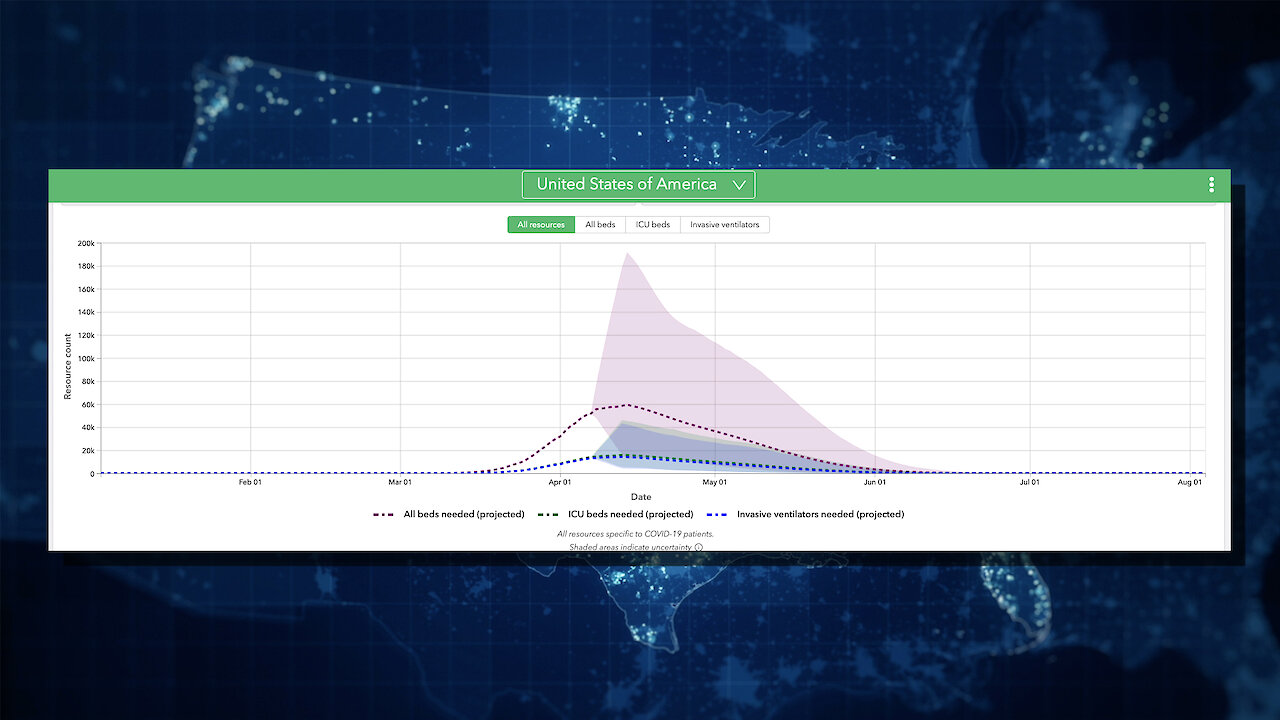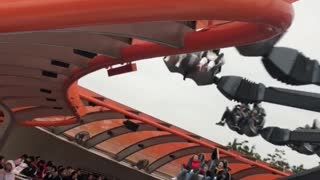Premium Only Content

Ep | 60 What do we do in the post-WuhanVirus world?
The Covid-19 pandemic has inflicted serious destruction both in loss of life and economically in the United States. But as with all crises, it is exposing systemic weaknesses both in society and its institutions. There can be little doubt that every American is now keenly aware of how fragile the system within he/she lives truly is. That system is “out of balance” and it will emerge from the crisis with substantial changes. The nature of those changes will be a mix of reactive and proactive modifications. Some proactive changes will be intended to reduce the exposure to disease in the future. Others will be driven by an extreme motivation to “never let it happen again.” The irony is that the latter approach is ultimately guaranteed to imbalance the system further rather than balance it as the post 9/11 system did. As crises go, the Covid-19 pandemic will likely be neither the largest nor longest-lasting crisis in recent memory. Both the Depression and World War II will dwarf it by comparison. It has already eclipsed 9/11 in loss of life, but the duration and economic impact of its “cure” remains to be seen. It may or may not behave similarly to the 1918 pandemic. The most important action now is to take advantage of our heightened focus to assess the overall health of the nation itself and to assess how well we reacted to the crisis. All the talk about supply chains highlights an unhealthy, systemic imbalance. There are at least three questions that need to be asked: What should be done about our supply chains? How valuable have the models been? How effective were the non-pharmaceutical interventions? My guest today wrote these words. Air Force veteran, Author, and modeling expert Dennis Haugh joins me to discuss these extremely important questions and more as we move into the post-pandemic world.
-
 1:01:33
1:01:33
The Rob Maness Show
2 days agoThe Real Killers of John F. Kennedy | The Rob Maness Show EP 511
64 -
 2:51
2:51
HSWCoreGeneral
5 years agoWhat the Stuff?!: 4 Mysterious New World Monuments
267 -
 3:56
3:56
The Rob Maness Show
5 years agoWhat has China done to the World?
141 -
 3:05
3:05
WXYZ
5 years agoWorld Diabetes Day: What to eat and not eat
23 -
 2:26
2:26
NowYouKnowEnglish
5 years agoWhat if all trees and plants in the world disappear?
21 -
 3:10
3:10
WMAR
5 years agoWorld Pistachio Day
28 -
 0:24
0:24
Braveone
5 years ago $0.04 earnedShanghai disney world
210 -
 6:24
6:24
WTMJMilwaukee
5 years agoWhat One Man Discovered on a Journey Around the World
51 -
 7:25
7:25
HSWCoreGeneral
5 years agoWhat the Stuff?!: 7 Obscene Hand Gestures from Around the World
1 -
 3:16
3:16
WKBW
5 years agoSpring Clean Your World
8.78K